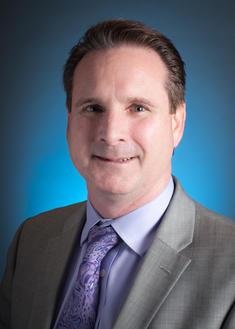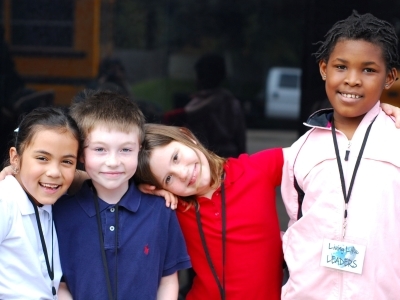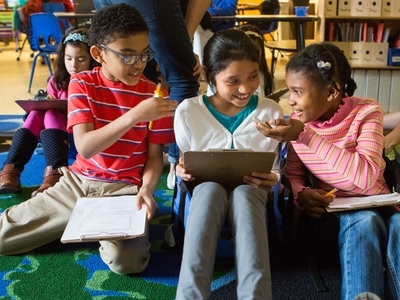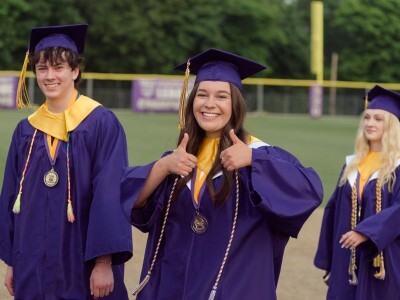Creating a Career Superhighway
Topics
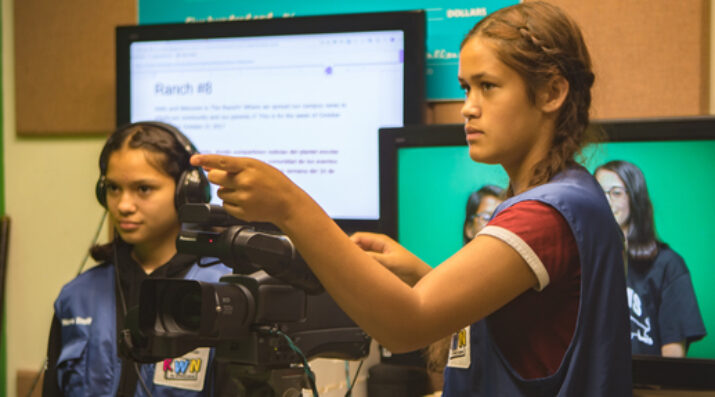
Today’s learners face a rapidly changing world that demands far different skills than were needed in the past. We also know much more about how student learning actually happens and what supports high-quality learning experiences. Our collective future depends on how well young people prepare for the challenges and opportunities of 21st-century life.
What if we reimagined our school system as a superhighway that is a network of career development pathways?
What if we reimagined our school system as a superhighway that is a network of career development pathways? What if this expressway contained no traffic lights or other obstructions, enabling students to travel quickly toward their career aspirations with the promise of employment in a growing priority sector of work upon graduation?
“The world as we have created it is a process of our thinking. It cannot be changed without changing our thinking.”
–Albert Einstein
It is no longer an argument that our current education system is archaic and in need of a shift in thinking. Indeed, many schools and organizations are making impressive progress, shifting from a batch-based model, as if students were cookies, toward a more fluid approach that ebbs and flows in a natural pattern based on a learner’s personal improvement cadence. To these schools and organizations, I say ‘bravo’ for braving the winds of change and the hail of hecklers who like making cookies and don’t want to trade in their aprons for new tools that enable learners to take the nearest onramp onto the ‘career superhighway.’
Education Is a Social Network
Dr. Alan Daly, a leading expert in social network theory from UC San Diego and Lead of the iCERP Action Council, postulates that educational reform is largely dependent upon professional relationships and school culture. This research shines a light on the shift in education needed to ensure our focus is on the right outcome. Currently, our collective efforts in education tend to focus on content expertise and not on developing the necessary dispositions for learning that promote robust social networks and flexible learning mindsets.

When students finish their formal education, marked by much-celebrated moments like high school or college graduation, the learning really starts. What I mean by this is that the learning that takes place in the traditional classroom is not connected to the network of career pathways that exist in the real world. As a result, students, upon graduation, are faced with a serious learning curve to adapt to the demands of a career environment that is increasingly complex and continuously evolving. Thomas Friedman calls this the ‘Age of Accelerations.’ True education is much less linear than a course of study and more similar to a complex network of relationships and experiences that shape our understanding and develop our talent along the way.
“Employers in many other countries have a much stronger tradition of working closely with K-12 and postsecondary institutions to ensure that school prepares young entrants for the labor market.”
–Nancy Hoffman, Jobs for the Future
Through our collaboration with Peter Callstrom and Andy Hall at the San Diego Workforce Partnership to develop a career superhighway, we have found that employers are looking outside of our region and even our country to locate the talent needed to fill newly evolving jobs. As we reach out to employers, we discover that their disinterest in our locally grown graduates is less about academic training and more about a lack of knowledge and inability to navigate the world of work. Andy Calkins and his team at Next Generation Learning Challenges call this skill ‘wayfinding’—the journey from high school to gainful employment. Time and time again, we’ve heard employers proclaim that they can train new employees on the content and the concepts, but they cannot develop the much-needed skills for learning and relationship-building in a complex social network. A 2016 World Economic Forum report underscores the need for our education system to link up to a new way of skill development that promotes essential skills like creativity, critical thinking, and cognitive flexibility.
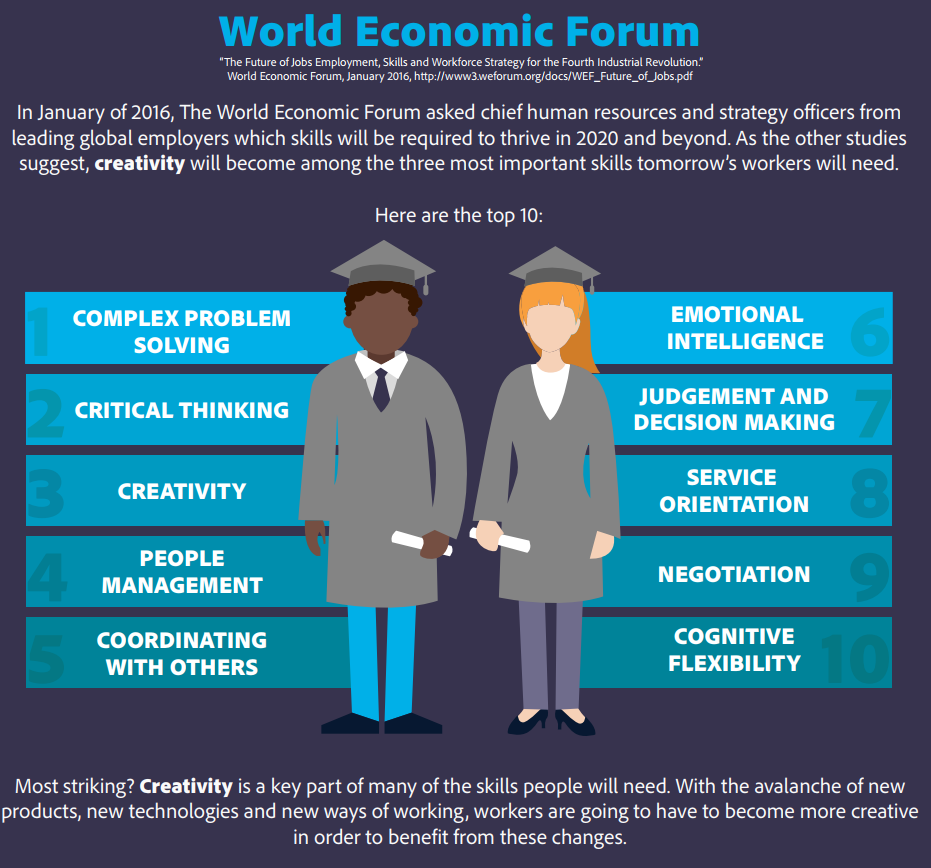
Education Is Talent Development
“Every human being has talents that are just waiting to be uncovered.”
–Tom Rath, StrengthsFinder 2.0
What excites students about coming to school are the people—not the content. In my 30 years in education, I’ve never heard a student come to school on the first day and proclaim, “I am so excited to dig into a 500-page textbook and write a five-paragraph essay on a topic I care nothing about!” Education is about creating the conditions for learners to discover their strengths and interests, and then, through the active support of teachers, develop these into talents that have direct application to the contemporary world of work.
The mind shift for educators is to see learning as a lifelong, continuous, dynamic process that directly aligns with the strengths of the learner and is relevant to the changing world around them. We need to break down classroom walls and reach out to business leaders and employers to co-design a career superhighway that engages learners at a very early age in a pathway of discovery of their strengths and how they fit into a world of work that has endless possibilities. The merging of education, lifelong learning, and skills training into a new ecosystem fundamentally shifts the focus of the lifelong learning model to the individual and their journey. For school districts, learner agency becomes fundamental to fueling the talent and economies of the future.
iCERP and the Career Superhighway of the Future
At iCERP, we consider ourselves explorers in shaping this new world. In partnership with the University of California San Diego, the San Diego Workforce Partnership, and Next Generation Learning Challenges, iCERP is embarking on a journey to build the career superhighway of the future. It is a daunting task and represents one of the largest change management initiatives undertaken by education. We’re fortunate to have Dr. Sandra Brown of UC San Diego, Jason Spencer and Dr. Kristen Brown of the California Department of Education, Carrie D’Ascoli of Google, Robert Westfall of Solatube, Phil Blair of Manpower Global, Erin Gavin of Qualcomm, Karen Cator of Digital Promise and Jack Kahn of Palomar Community College on our iCERP Advisory Board. Together, we’re working with our community to define this new talent ecosystem.
I look forward to keeping you posted on our progress.

